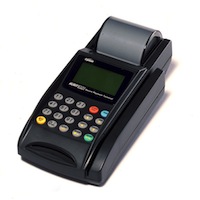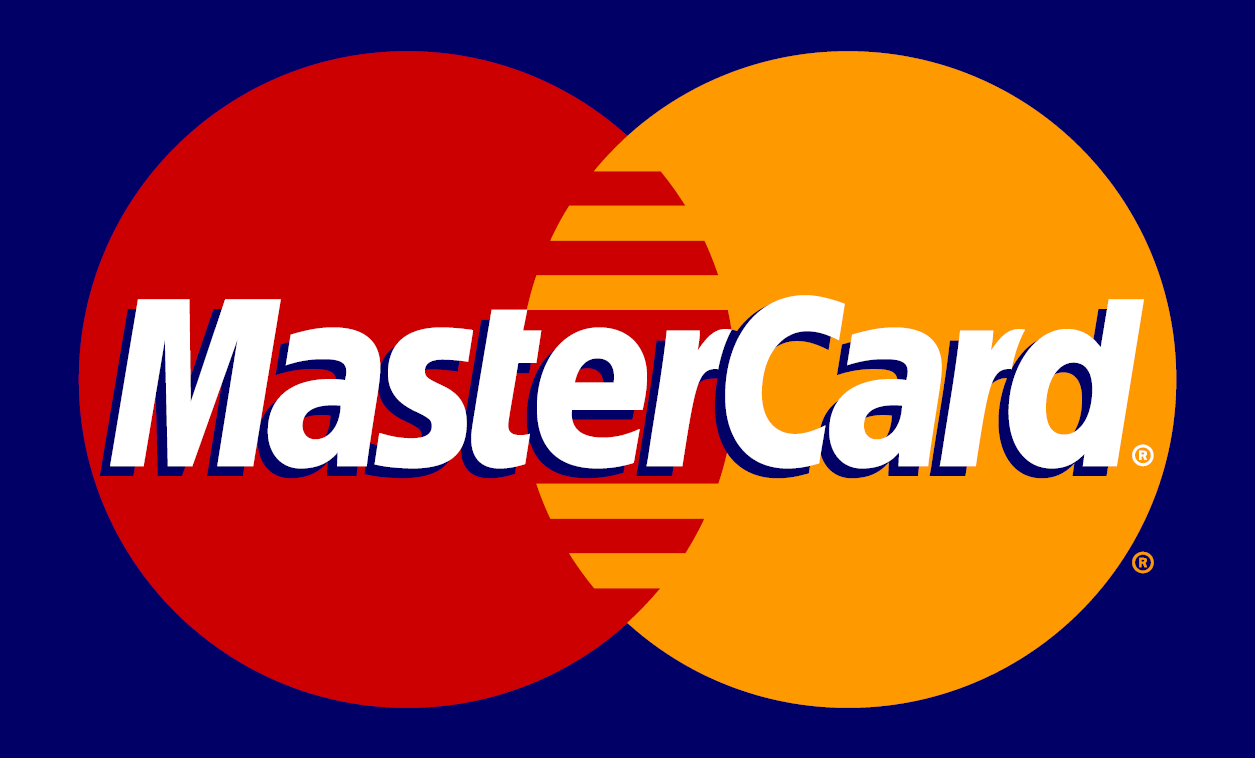MasterCard Supports CBN’s Cash-less Initiative
MasterCard Worldwide has emphasised its support of the Central Bank of Nigeria’s (CBN) Cash-less Nigeria initiative, with Omokehinde Ojomuyide, Country Manager, West Africa, MasterCard Worldwide lauding the project as one that will set the standard for economies across Africa and globally.
“The decision to change the way that Nigerian citizens conduct their payments behaviour is a brave one, and the CBN is blazing the trail ahead of its African counterparts in its commitment to reduce the amount of cash circulating in the economy,” says Ojomuyide.
“MasterCard has a shared objective with the CBN, in that our global vision is of a world beyond cash. We believe that with a pioneering initiative like Cash-less Nigeria in place, the country will soon reach a tipping point where innovative electronic payment systems will leapfrog the historical systems that have hindered economic growth historically,” she continued.
Ojomuyide comments that the CBN’s key partners in the success of the cash-less initiative are the financial sector, consumers and businesses.
“These stakeholders are the cogs around which the wheels of growth and development in Nigeria turn, and MasterCard has put strategic initiatives in place for each stakeholder in order to support the CBN in its quest to drive the development and modernization of the Nigerian payment system.”
In the delivery of this stakeholder strategy, MasterCard recently completed a series of intensive training workshops for Nigerian banks that focussed on demonstrating global payments industry best practices in issuance of payment cards by banks, and their acceptance as a secure payment method by retailers.
The training was held in the city of Lagos, where the first rollout of the cash-less economy policy is taking place with the Cash-less Lagos project. It focused on how Nigerian financial institutions can build effective business relationships with retailers, the vast majority of which have operated on a purely cash basis in the past.
“Training initiatives such as these are just one way we can work with our customer financial institutions and their retail customers, so that they are familiar with best practice in the move from accepting only cash in transactions to accepting non-cash payment systems. By moving to non-cash payments, banks, businesses and consumers will avoid the costs, risks and inefficiencies associated with carrying and handling cash.” says Ojomuyide.
“Cash is expensive to print, secure and distribute, it reduces the transparency of an economy, and it can negatively impact the government’s fiscus, which in turn reduces government’s ability to deliver services to its citizens,” says Ojomuyide.
MasterCard has also engaged with Nigerian consumers to encourage them to take the first step towards cashless purchases in a series of initiatives carefully designed to reveal the benefits of electronic payments. One such initiative was a collaboration with the Starwood group of hotels, in which hotel guests paying for their accommodation with a MasterCard payment card were offered a free breakfast for two.
“We are also particularly excited about our new MasterCard UEFA Champions League Competition,” says Ojomuyide. “We know that Nigerians are extremely passionate about football, so we have arranged that MasterCard cardholders who make a purchase using their card are eligible to win tickets to an exclusive fan viewing experience in Lagos, where they will enjoy a live broadcast of the 2012 UEFA Champions League final, direct from Munich.”
MasterCard has also engaged with businesses to reaffirm the benefits of a world beyond cash. Daniel Monehin, Division President, Sub-Sahara Africa, MasterCard Worldwide, highlighted the benefits of accepting electronic payments rather than cash for Nigerian businesses when he participated in a recent Young Entrepreneurs Forum that was sponsored by MasterCard.
“Many business owners seek the short term gains of a cash business, but in the long term, a dependence on cash prevents the enduring growth and the exponential success that is the goal of every committed entrepreneur,” he said at the event.
“Businesses that depend on cash transactions cannot grow their customer base beyond the individuals who can visit them in person to deliver cash payments. Similarly, they are limited to purchasing raw materials from suppliers to whom they can physically hand their payment. When a business is geared for electronic payments, it can grow its customer base – and its resource pool – far beyond the limitations of its immediate geographic area.”
The MasterCard team in Nigeria recently put the vision of living a cash-less life to the test by trying to use as little cash as possible for one month in Lagos. By doing so, they gained valuable insights into the transition to a world beyond cash in Nigeria.
“At times it was really difficult to avoid using cash,” says Kamil Olufowobi, Associate Vice President of Account Management for West African Business, MasterCard Worldwide. “However, where I was able to avoid using cash, I enjoyed the convenience and security that came with making purchases with a MasterCard payment card. The experience was a valuable one – and I will continue to work on reducing my use of cash in my day to day transactions,” he says.
“MasterCard’s products are already accepted in more than 210 countries and territories worldwide, giving the company extensive global experience and insight into cashless payments,” says Ojomuyide. “We look forward to working with Nigerian banks and retailers to facilitate the reduction of cash within their payment systems by offering innovative, safe and convenient payment alternatives to their customers. We remain unwavering in our commitment to support the Central Bank of Nigeria in its drive to significantly reduce the use of cash in the country’s economy.”







